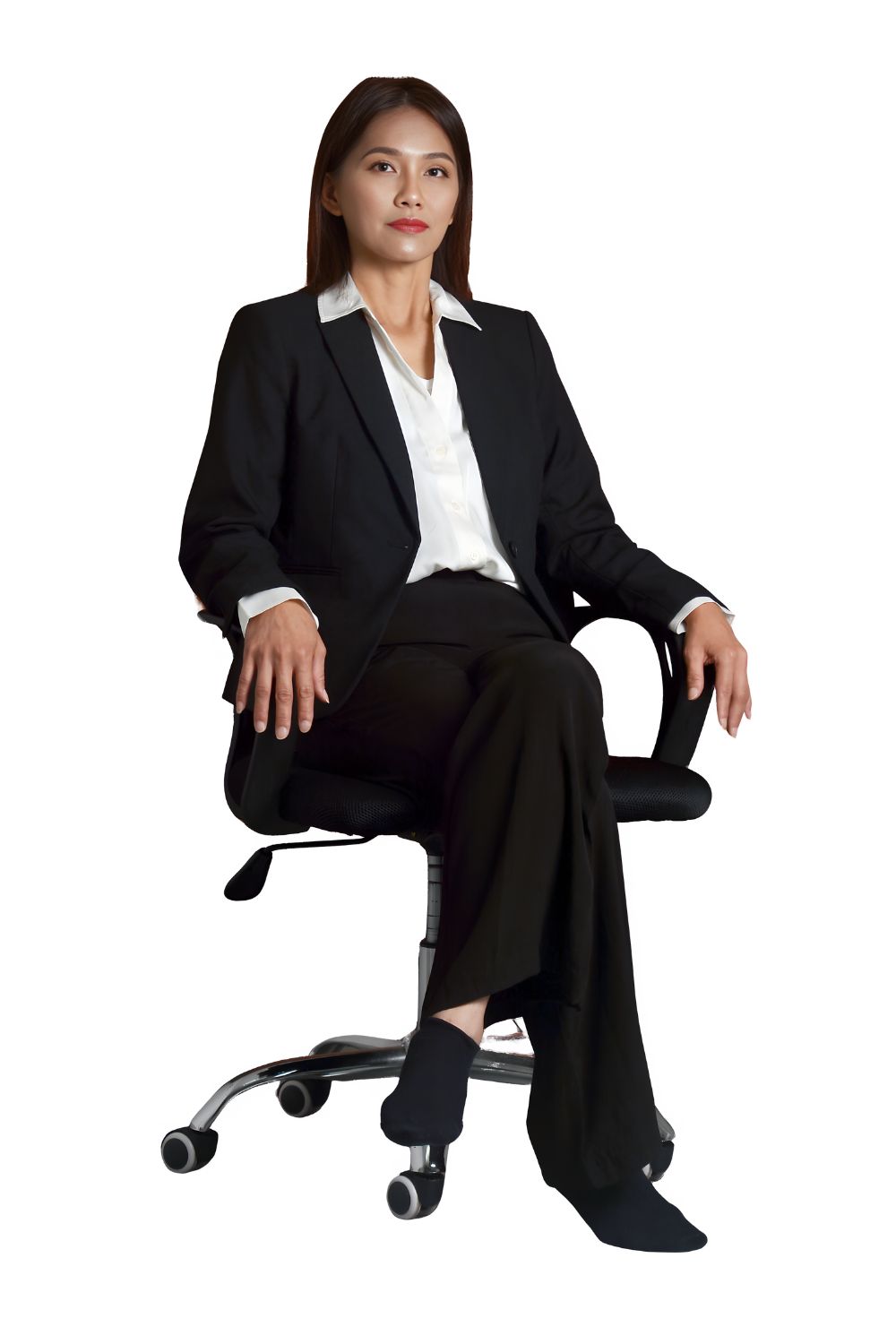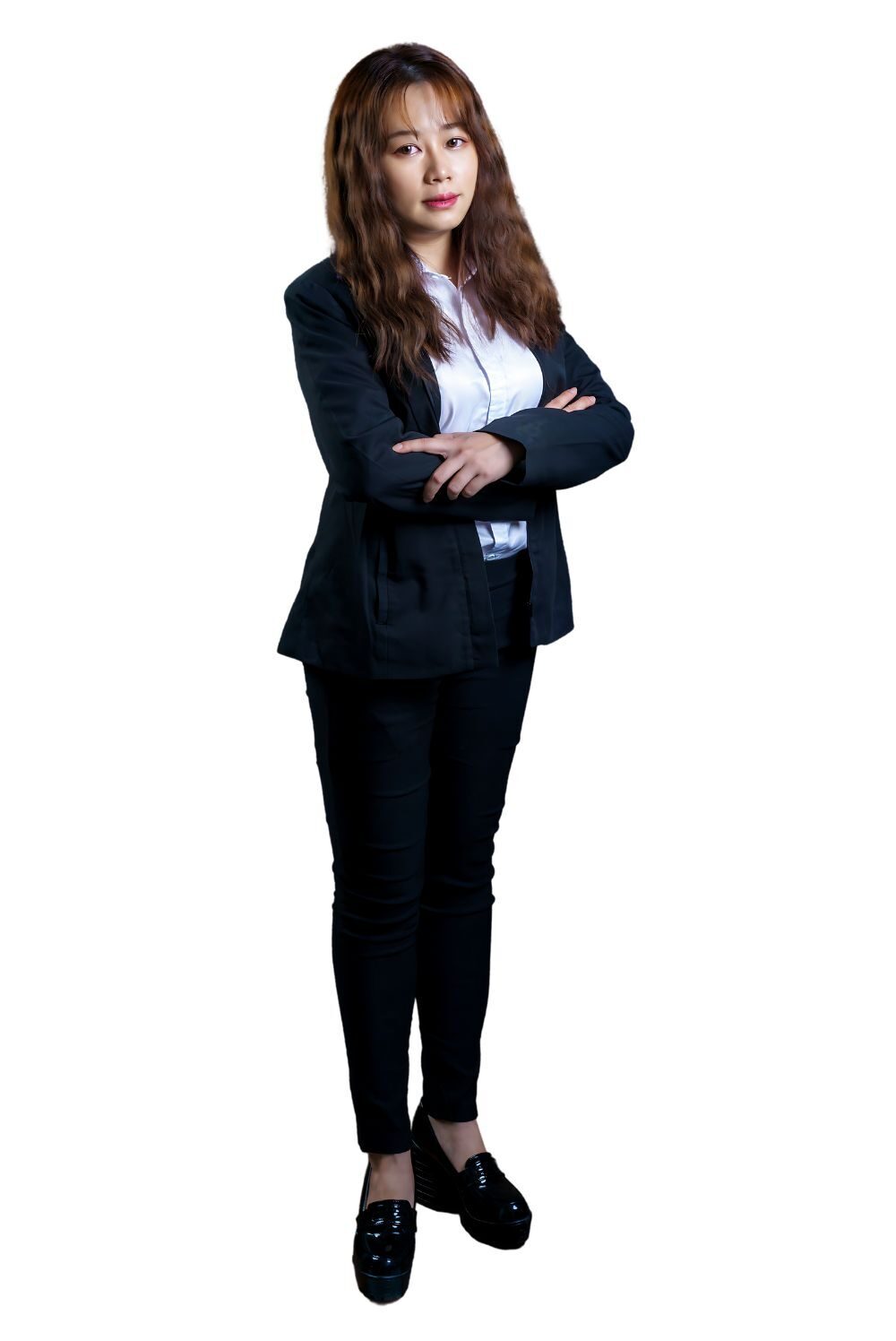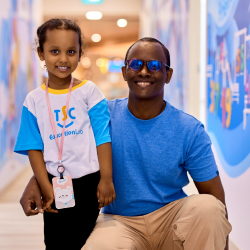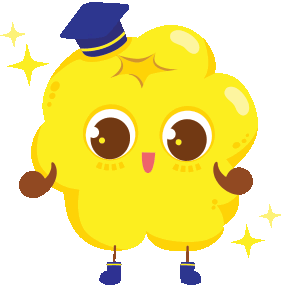- November 16, 2022
- Posted by: webmaster
- Category: Thoughts & Insights
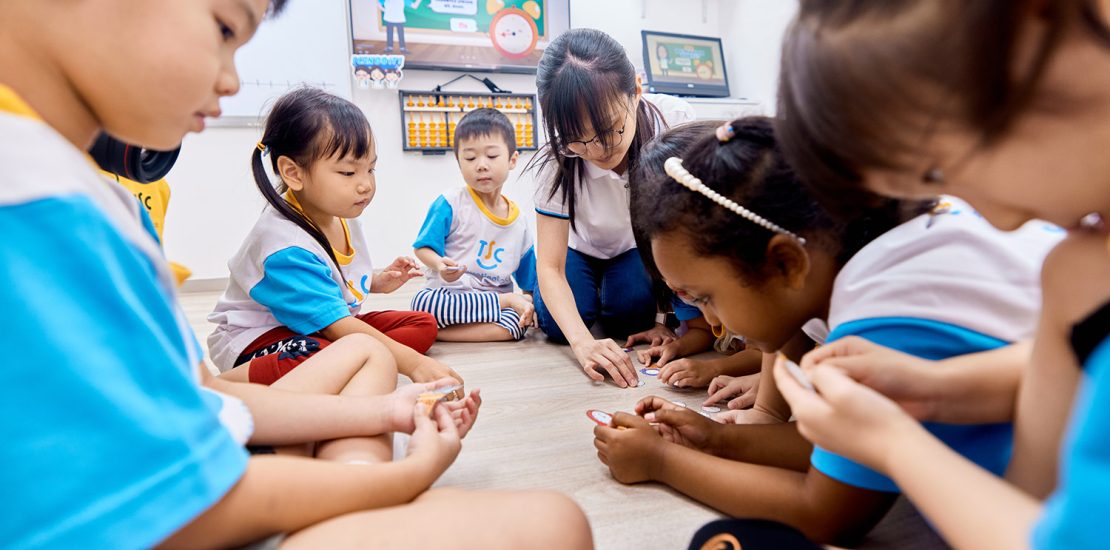
For decades, early childhood educators have been split into two camps when it comes to arithmetic – the group that advocates counting using your fingers, and another group who believe that counting with fingers is a crutch that should be disposed of as soon as children have a basic grasp of numbers.
Studies are now determining that the sense of touch is actually an important part of learning arithmetic, and should be encouraged. Importantly, these recent findings show that using your fingers doesn’t just help kinaesthetic learners – visual learners learn faster too. Elsewhere, Norwegian researchers studied 450 two-year-olds and found a definitive link between good motor skills and good mathematical abilities.
What does this mean for your kids?
In Singapore, it’s a common belief that maths is all about memorising formulas, working them out on paper, or simply visualising calculations in our heads. But this means that you could be missing out on a crucial part of arithmetic skills – kinaesthetic learning, which for arithmetic, translates to “using your fingers”.
It’s natural to count with your fingers
According to brain researchers, there is an area in our brain that “sees” fingers when we count. This specific area of our brain is known as the somatosensory finger area, an important area when it comes to mathematical ability.
When a study was done on children aged 8-13 years, this part of the brain was shown to light up when the children worked on mathematical problems, even when they did not use their fingers. What does this mean? Amazingly, even when we don’t physically use our fingers to count, our brain continues to see a representation of our fingers to do the counting.
That’s why stopping children from using their fingers to solve mathematical problems (which some parents and even teachers do), could inhibit this area of the brain from fully developing – slowing down your child’s mathematical development.
Training “finger knowledge” for higher mathematical ability
Both behavioural and neuroscience research has shown that training can improve how both children and adults can perceive and represent their fingers, which subsequently leads to higher mathematical achievement – both at home and in school.
Evidence from studies shows that when 6-year-olds get better at using their fingers, their counting and number ordering abilities also improve. According to leading researcher Brian Butterworth, numbers “will never have a normal representation in the brain” if students don’t learn about numbers from thinking about their fingers.
In fact, it’s not only important to learn how to count with fingers, it’s vital that students be taught to tell the difference between fingers (also known as “finger discrimination”). The good news is, this type of training can be done from an early age with activities that involve using the fingers – such as naming them, or tracing coloured lines with fingertips. But the best way to do so is with the abacus.
Learning counting with a touch-focused mathematical tool, the abacus
For centuries, the abacus has been a proven method of teaching and learning mental arithmetic. With modern science, we now know one reason why – the abacus strongly utilises finger movement and our sense of touch during learning and calculations.
Using the abacus for mental arithmetic also allows children to solve problems more quickly and accurately.
In fact, the benefits of children learning the abacus go beyond mental arithmetic and include other abilities that are crucial for school, such as:
- Improved memory and concentration
- Improved logical and analytical skills
- Improved focus and concentration
Mental arithmetic with the two-hand, four-finger methodology
But your child won’t need to carry an abacus around for calculations. Once the fundamentals are in place, they can use finger counting techniques, such as CMA’s two-hand, four-finger methodology to perform some very impressive feats of mental maths.
But don’t just take our word for it, see what these little mental arithmetic champs can do! (And if you’re feeling adventurous, try to solve the maths problems along with them.)
Start your child’s maths education on the right track, with CMA’s proven mental arithmetic skills. Visit a CMA centre near you, or contact us today!


